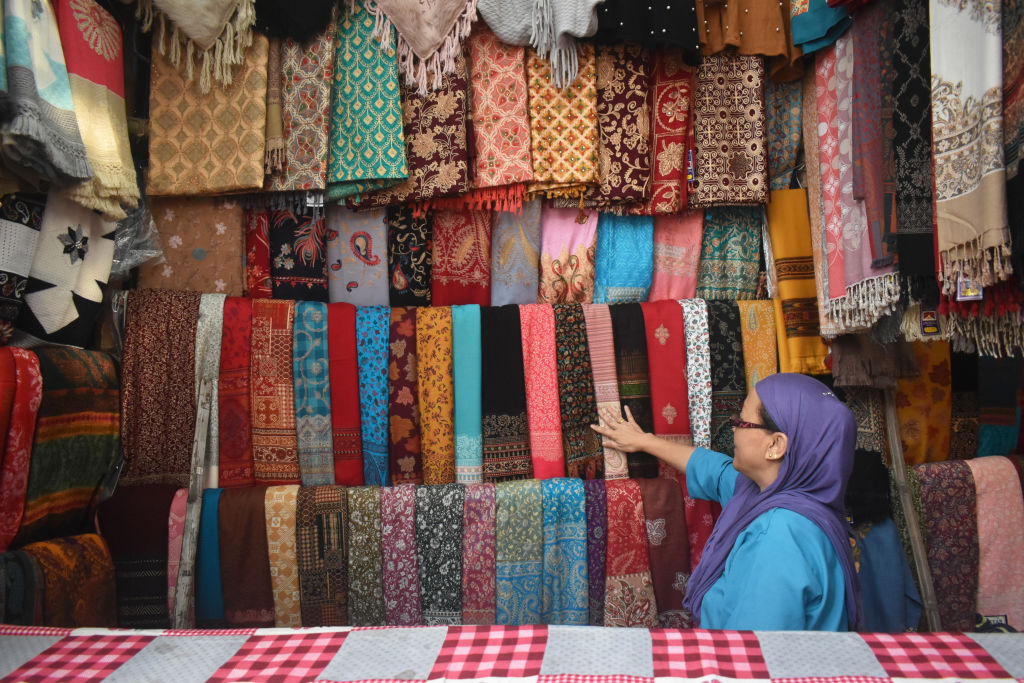India has solidified its position as the sixth-largest exporter of textiles and apparel worldwide, holding a 3.9% share in global trade. This sector also makes up 8.21% of India’s total exports, highlighting its crucial role in the global textile supply chain.
During the first half of FY 2024-25, India’s textile and apparel exports reached USD 21,358 million, reflecting a 7% year-on-year growth, according to the Ministry of Textiles. Ready-Made Garments (RMG) led the export categories, contributing 41% with a value of USD 8,733 million. Cotton textiles followed, accounting for 33% (USD 7,082 million), and man-made textiles made up 15% (USD 3,105 million).
The United States and the European Union are key markets for Indian textiles, accounting for around 47% of total exports. Despite global challenges such as geopolitical tensions, including the Red Sea and Bangladesh crises, Indian textile exports rebounded as demand increased in major markets during 2024.
Between April and October 2024, RMG exports grew by 12%, cotton textiles by 1%, and man-made textiles by 5%. On the other hand, exports of wool and handloom products declined by 19% and 6%, respectively. Certain categories saw notable growth, including silk products (up by 40%) and carpets (up by 12%).
India’s textile and apparel imports declined by about 15% in FY 2023-24, dropping from USD 10,481 million in the previous fiscal year to USD 8,946 million. This reduction underscores the country’s growing self-reliance in meeting domestic raw material needs for both local consumption and re-exports.
In the first half of FY 2024-25, imports slightly decreased by 1% to USD 5,425 million compared to the same period last year. Man-made textiles remained the largest import category, making up 34% of total imports with a value of USD 1,859 million, driven by a demand-supply gap in the domestic market. Meanwhile, imports of cotton textiles rose by 13% due to the increasing need for long-staple cotton fibres, signifying growing domestic production and consumption.














